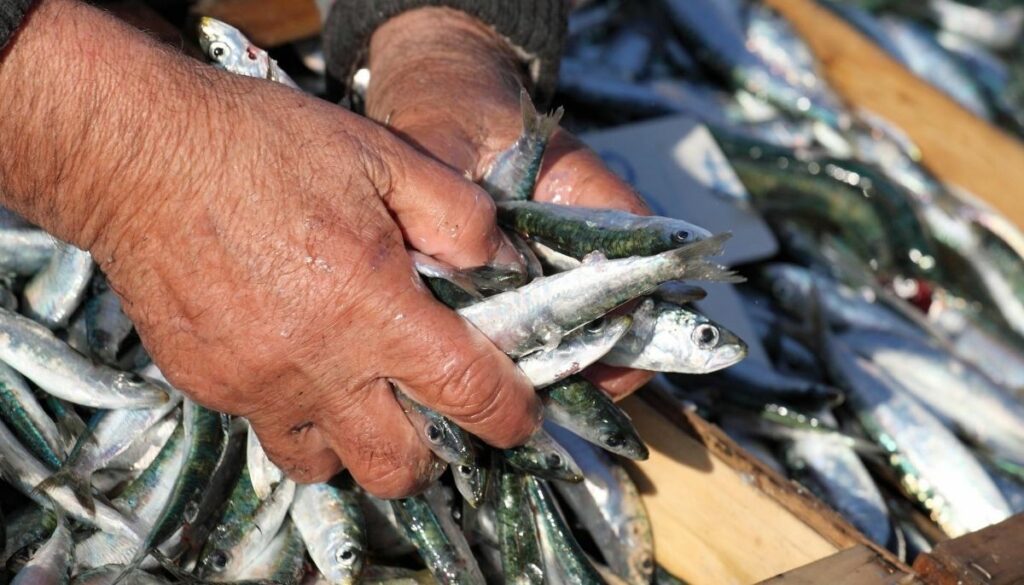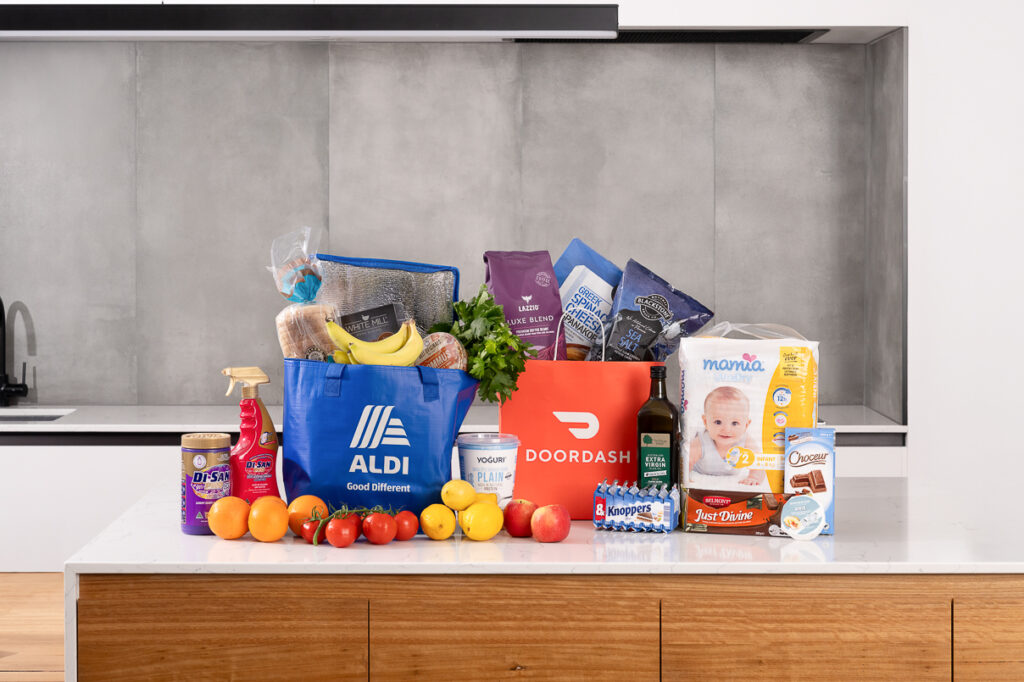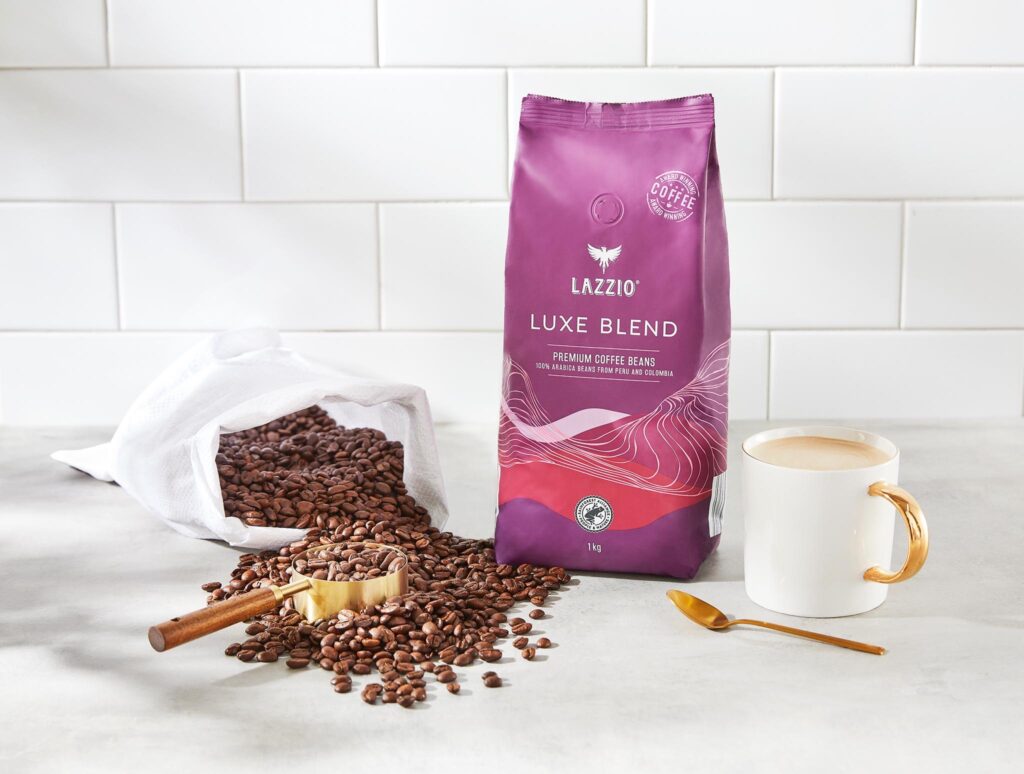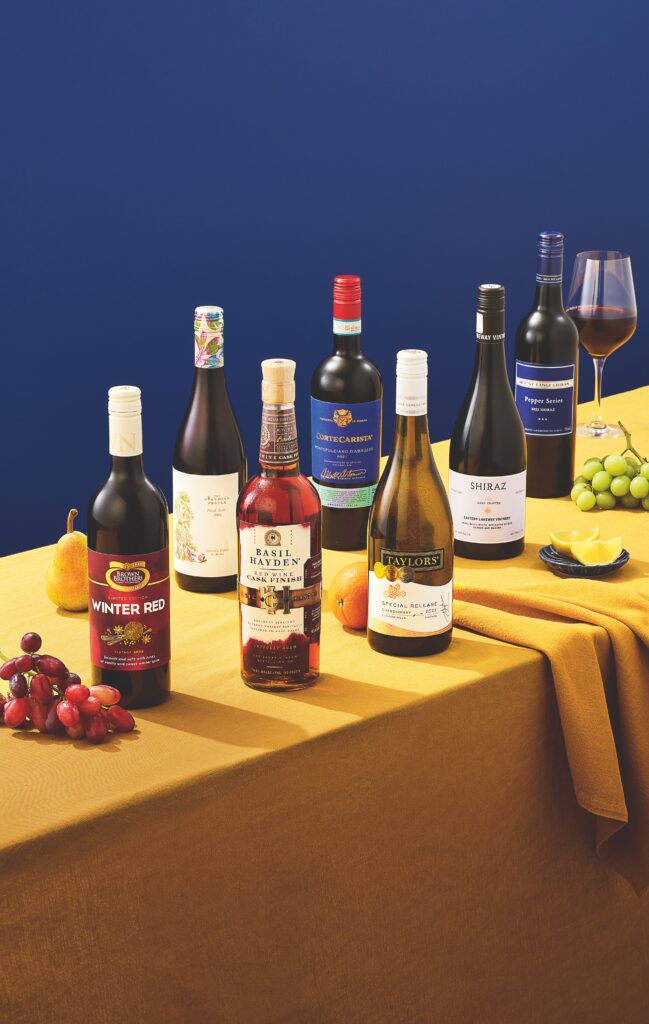ALDI Australia prides itself on operating with integrity and transparency and we are committed to providing value without cutting corners or compromising the way we do business. This includes our commitment to the fair treatment of people in our supply chain. Those who grow, make, and supply our products.
In Australia, the Modern Slavery Act 2018 came into effect on 1 January 2019. ALDI Australia welcomes and supports the introduction of this legislation and our first FY19 statement can be read here.
Forced labour and the exploitation of vulnerable workers are abuses of basic human rights and have no place in our business or supply chain. Preventing modern slavery from happening is a global, complex issue. As an international company with global supply chains, we embrace our responsibility to understand labour exploitation and to address it effectively.
The UN’s International Labour Organization (ILO) estimates that globally there are 25 million people in forced labour, with 16 million in private economy sectors such as construction, agriculture and domestic work[1]. ALDI is aware that modern slavery is not just in developing countries. The Global Slavery Index[2] identified that the prevalence of modern slavery in developed countries like Australia is higher than previously understood.
In Australia, ALDI is a proud supporter of Growcom’s Fair Farms Initiative and has been since early 2019. The program supports Australian fresh produce suppliers in implementing social and ethical employment standards at their facilities. Fair Farms receives support from the Fair Work Ombudsman and the Federal Department of Agriculture, and allows ALDI to access tools which assess social standards such as modern slavery and compliance with Australian Workplace law.
“As a supporter of Fair Farms, ALDI has taken a step to ensure that those working on their Australian produce farms are being treated and paid fairly for the vital work that they do,” said David Thomson, CEO, Growcom.
“Our program provides assurance for ALDI customers that the fruit and vegetables sold at ALDI are from Fair Farms certified suppliers and have made it onto shelves responsibly, added David”
Children are at significant risk to modern slavery and are more vulnerable to exploitation, which is why we have partnered with the Centre for Child Rights and Corporate Social Responsibility (CCR CSR), who work with businesses to remediate issues of child labour. In the last year we have provided funding to the program to support migrant parent workers in our China supply chain. This has resulted in the set up of three Child Friendly Spaces for migrant parent workers to have a free childcare solution during school holidays, ensuring they do not resort to taking their children to work with them. This program aims to address one of many root causes of child and forced labour before they occur.
In light of the COVID-19 pandemic, which has had far reaching implications across the world, ALDI has committed to the UN’s International Labour Organisation (ILO) “Call to Action in the Garment Industry” to support manufacturers through the economic disruption caused by the COVID-19 pandemic . The top priorities are the protection of the workers’ income, employment, and health as well as the support of their employers. The action will focus on the most vulnerable countries with the weakest health and social protection systems. By following the Call to Action, ALDI Australia is committed to paying suppliers for finished goods and goods in production as well as to seek dialogue with business partners and to promote ILO Labour Standards.
We have further demonstrated our support with an international donation to CARE’s COVID-19 fund. The money will assist CARE’s emergency relief activities for workers in global garment textile supply chain. Supported activities include money transfers to workers, hygiene kits and psychological support.
There is no place for modern slavery in our business or our supply chain. We will continue to be accountable for our practices and provide extended support to the supply chain on this issue.





